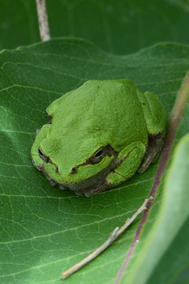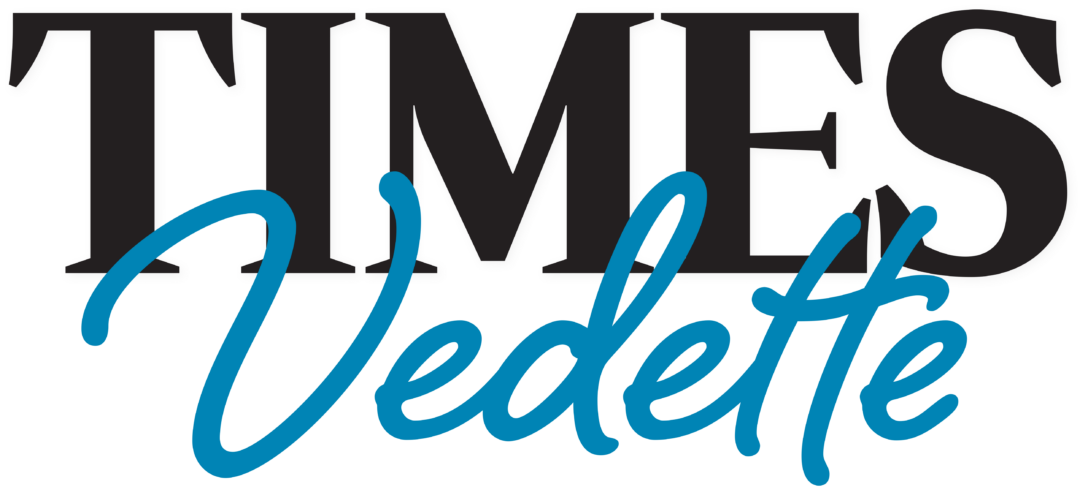Special to the Times Vedette
 It’s 10 p.m. on a summer night along a gravel road anywhere in Iowa. In the farm pond next to the road, a raucous chorus of male frogs are making themselves heard as they vie for mates. A volunteer stands clipboard in hand, ear cocked, mentally sorting out each of the calling species that are using this seemingly ordinary pond.
It’s 10 p.m. on a summer night along a gravel road anywhere in Iowa. In the farm pond next to the road, a raucous chorus of male frogs are making themselves heard as they vie for mates. A volunteer stands clipboard in hand, ear cocked, mentally sorting out each of the calling species that are using this seemingly ordinary pond.
All across the state of Iowa, community scientists are making enormous contributions to wildlife conservation. The volunteer was trained through the Iowa Department of Natural Resources’ Volunteer Wildlife Monitoring Program (VWMP).
“With more than 1,000 wildlife species in the state, we just don’t have enough staff in the DNR to adequately monitor all the vulnerable species that we need to,” said Stephanie Shepherd, wildlife biologist and coordinator for the VWMP. “This is where community scientists play a crucial role.”
The DNR and the Montgomery County Conservation Board are partnering to host a workshop at the Wolfe Nature Center at the Anderson Conservation Area, on April 3, from 6:30- Help track frog and toad populations in Iowa
9:30 pm, and with the Mitchell County Conservation Board to host a workshop at the Mitchell R. Owen Nature Center, on April 10, from 6:30 to 9:30 pm. There is a fee of $10 to participate.
So, what are these critical wildlife species?
Amphibians have been of concern to scientists all over the globe because these vulnerable critters appear to be declining. In Iowa’s frog and toad call survey, volunteers are trained to listen to and recognize the 16 species of frogs and toads in Iowa based on their breeding calls. Over the 30 years the survey has covered, volunteers have collected data on over 2,000 wetland sites.
“The frog and toad surveyors are particularly special because to perform the surveys they have to drive back country roads at night along a specified route with only their ears to collect data with,” Shepherd says. “I think most feel that exploring the Iowa wilds at night is a unique experience and opportunity.”
If you are interested in getting involved, volunteers must register for one training workshop. The workshops are most appropriate for adults and teens.
For more information about the survey and to register, go to www.iowadnr.com/vwmp.
